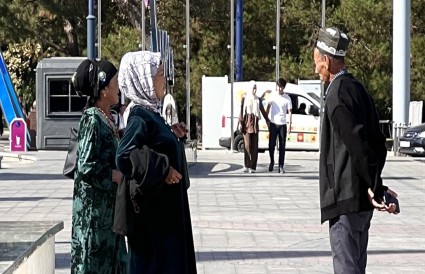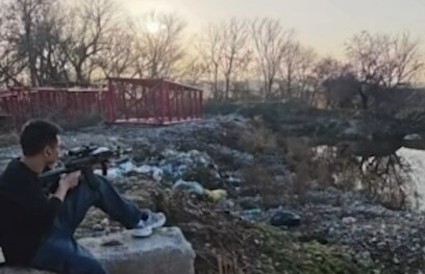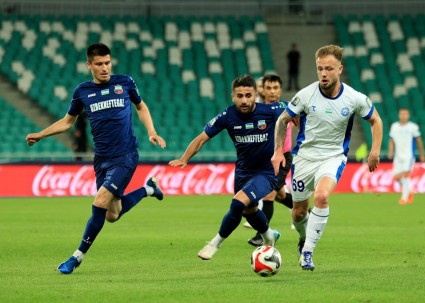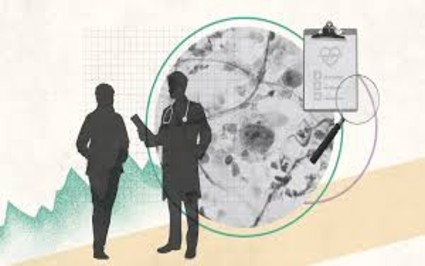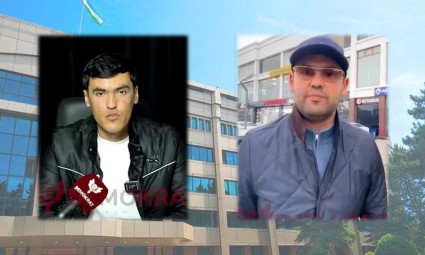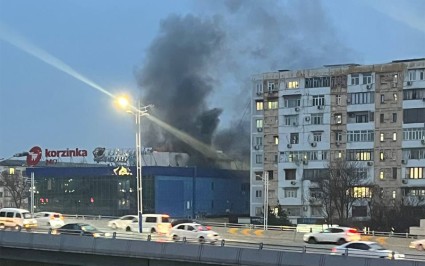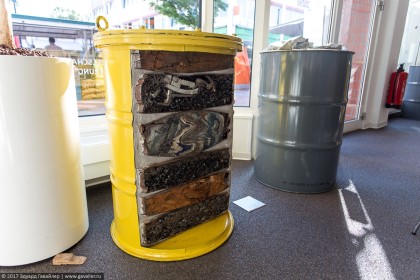During her first official visit to Uzbekistan from June 1 to June 3, Antonella Bassani, the new World Bank Regional Vice President for Europe and Central Asia, held productive talks with President Shavkat Mirziyoyev and other senior government officials. They discussed the government’s reform priorities in various sectors, which are critical to achieving the country’s development goals and completing the transition to an inclusive market economy.
In Tashkent, Ms. Bassani met with Shavkat Mirziyoyev, President of Uzbekistan, Tanzila Narbaeva, Chairwoman of the Senate of Oliya Majlis (Parliament), Jamshid Kuchkarov, Deputy Prime Minister, Shukhrat Vafaev, Director General of the Agency for Strategic Reforms, Sherzod Kudbiev, Minister of Economy and Finance, and other senior government officials.
The visit offered an opportunity to exchange views on the government’s plans to advance reforms to achieve the ambitious poverty reduction and economic growth goals outlined in Uzbekistan’s National Development Strategy for 2022-2026.
Ms. Bassani and the counterparts also reviewed the progress made on the implementation of World Bank-funded projects and the preparation of new ones under the Country Partnership Framework for Uzbekistan. The framework supports the government’s social and economic priorities for the next five years.
“Uzbekistan has achieved important reform goals, but more structural changes are needed to unlock the country’s full potential by increasing investments in people, allowing the private sector to grow, and improving environmental sustainability,” said Antonella Bassani. “The World Bank, as the government’s strategic partner, will continue supporting Uzbekistan while it embarks on the next phase of more complex reforms to build a competitive, inclusive, and sustainable market economy.”
During the meeting of Minister of Economy and Finance Sherzod Kudbiev and Ms. Bassani, the Parties exchanged legal documents providing World Bank financing to implement the Second Livestock Sector Development Project ($240 million) and the Financial Sector Reform Project ($15 million). These projects will help modernize the respective sectors and will contribute to the country’s economic growth.
In Samarkand region, Ms. Bassani saw the results of World Bank-funded projects, which have expanded the local population’s access to healthcare and sanitation services in this part of the country.
She visited the Samarkand Medical Emergency Center, which benefited from the support of a World Bank-funded project. Over $1.3 million of project funds had been utilized to equip it with modern diagnostic, laboratory, surgical, and sterilization equipment and purchase other medical products needed for the Center’s daily operations.
This helped enhance the quality of medical services the Center provides and significantly increased the ability of doctors and nurses working here to reach more patients across Samarkand region. In 2022, approximately 120,000 patients benefited from the improved services in this medical facility.
Ms. Bassani also visited the Samarkand Wastewater Treatment Plant (WWTP), which improved its operations thanks to the support of a World Bank-funded project. Around $13 million of project funds were invested in the rehabilitation and modernization of the WWTP’s outdated infrastructure.
In the past, the plant was incapable of effectively treating wastewater, resulting in its direct discharge into the Zarafshan river. With the project investment, the WWTP can now efficiently clean up to 140,000m3 of wastewater every day. This significantly improved essential sanitation services delivered to approximately 300,000 residents of Samarkand city.
The WWTP's modern equipment not only mitigated the environmental impact of wastewater pollution but also led to substantial energy savings. The project activities also resulted in the connection of over 90,000 customers to newly constructed and renovated sewers.


